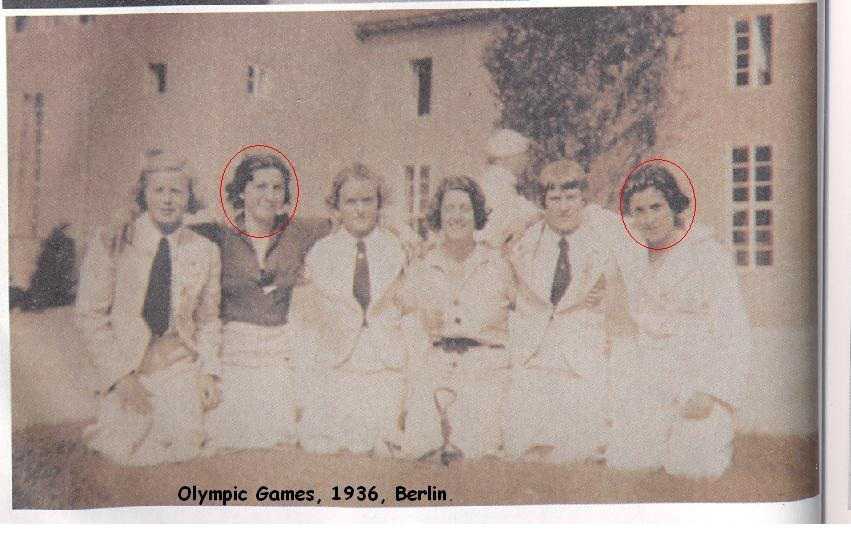From Istanbul, with love
By Ceylan Ozbudak
 I am a European, a woman, and a Muslim resident of Istanbul. In a Muslim land, I enjoy a life of freedom and opportunity in a modern, beautiful city, which has been Muslim since 1453. If I am accused of a crime, I have all the due process rights of anyone in Philadelphia or Sydney or Montreal. If I want to travel, I have a car. I have a challenging occupation, a comfortable home; access to the press, and the vote. I enjoy more liberties than any reasonable person would care to exercise. With these blessings, it’s hard not to be puzzled at the great hue and cry, which the sections of the Western press often create about the lack of full democracy or human rights in Turkey. If we in Turkey are not good enough, then which nation among Muslims is acceptable? And as Arabs cry for freedom and democracy after the Arab spring, if not Turkey, which Muslim nation should they emulate?
I am a European, a woman, and a Muslim resident of Istanbul. In a Muslim land, I enjoy a life of freedom and opportunity in a modern, beautiful city, which has been Muslim since 1453. If I am accused of a crime, I have all the due process rights of anyone in Philadelphia or Sydney or Montreal. If I want to travel, I have a car. I have a challenging occupation, a comfortable home; access to the press, and the vote. I enjoy more liberties than any reasonable person would care to exercise. With these blessings, it’s hard not to be puzzled at the great hue and cry, which the sections of the Western press often create about the lack of full democracy or human rights in Turkey. If we in Turkey are not good enough, then which nation among Muslims is acceptable? And as Arabs cry for freedom and democracy after the Arab spring, if not Turkey, which Muslim nation should they emulate?
Istanbul sits below waters, which descend from Russia through the Black Sea, and flows above from the Aegean, which derive from currents of the Mediterranean and the Nile. The northern flows meet at Marmara, a placid inland sea, which at once divides and connects Asian and European Istanbul at the Bridge of Bosphorus. Like these confluent waters and this bridge, Constantinople (the old name for Istanbul) has been for many centuries a site of conflicts, division, resolution, and peace. Likewise, we who live here carry within our souls all the colliding currents of thought and power, which have coursed about our planet these last one thousand years. And somehow, we have reconciled them all into a harmonious celebration of life that marries Islam and the West. From women’s rights to religious freedom we offer a model for our Arab neighbors.
Since the end of the First World War, the West has largely banished religious sentiment to the margins of public life. In doing so, it has torn away the roots of its own political foundations and dissolved any predicate for unity of a people who were formerly “one nation under God.” Last month at this time, Rhode Island Governor Lincoln Chaffee was afraid to call a five -meter high spruce tree a “Christmas tree” when the people of his state placed it in the legislature. Am I the only one who finds it ironic that in 2011, Muslim officials in Egypt attended the Christmas Eve vigil at the Coptic Church in Alexandria? Or that MB officials attended Coptic Christians celebrations in Cairo 2012? Where is there more religious liberty? In Times Square? Or in Tahrir Square?
Failed U.S. diplomacy
To those of us observing U.S foreign policy from the Middle East, the working principle of American diplomacy since President Woodrow Wilson seems to be an assumption that religion is inimical to democratic institutions and civil rights. To add irony to this error, this Wilsonian American assumption—that religion and pluralism cannot coexist—is probably the greatest obstacle to America’s efforts to foster democracy, human rights and friendship in the Islamic world today. Ours is a region in which Islam is central to our lives, but that is not to say we support extremism. Far from it.
If there is any lesson from 2012, it is a notice to the world that from Libya, to Egypt, to Syria, to Afghanistan the American diplomatic approach has failed, alienated itself from the peoples of Middle East. Polls show that this American president’s popularity is lower than that of the last. No one who denies the role of religion in such a conservative region is ever going to enjoy the trust of Middle Eastern nations. Until this lesson sinks into the American political mind, its only influence is going to come from the power of the purse, and from the force of arms. I want to see the U.S as a force for good in our region – appreciated by people here. America cannot afford to alienate the entire Muslim world of 1.6 billion people and then just drone strike its way out of regional conflicts.
Yes, there are brain washed radicals in the Middle East—distempered souls who press Islam into service as a tool of violence and disorder. The most credible alternative to rising Islamist radicalism in Mali, Syria, Libya, Tunisia and unfortunately Egypt, is the Turkish Islamic model. Here, liberal political principles in the Qur’an, maintaining the role of religion in national life, afford protection to all religious or non-religious groups without segregation. The example of Istanbul illustrates that a society ordered according to the Qur’an is not an obstacle to democracy and civil liberty in any way. This model should not be unfamiliar to educated American minds, because it is essentially similar to the old American ideals of “e pluribus unum;” and “one nation, under God, indivisible, with liberty and justice for all.”
Greater Western and Turkish cooperation in assisting Arabs build democratic nations will boost security and prosperity in our world. Solid majorities in Turkey, Egypt, Jordan, Lebanon, Tunisia, and Pakistan have a favorable view of Turkey. Most people polled in the region also have a positive view of the Turkish Prime Minister Erdogan. No doubt Turkey needs reform in many sectors. But its equation with religion and politics is something that stands out as an asset for a religious region, and deserves greater western attention. The current focus on the crisis in Syria should not make us neglect the fact that Arab countries looking to embrace democracy are struggling to balance interpretations of Islam within a secular, modern state. It was Erdogan who spoke in public in Egypt among Muslim Brotherhood audiences about the importance of a secular state in maintaining freedom for Islam and other faiths. Egypt, and others, are not only in need this bold direction from Turkey, but require greater economic cooperation. I am proud to say Turkey has not only struck that balance perfectly, but we remain prepared to help others.
Ceylan Ozbudak is a Turkish political analyst, television presenter, and executive director of Building Bridges, an Istanbul-based NGO. She can be followed on Twitter via @ceylanozbudak



